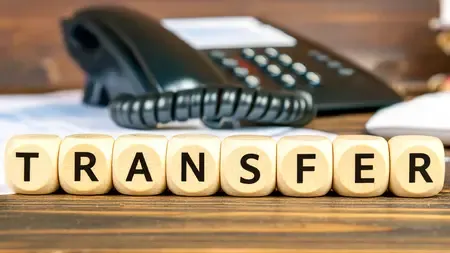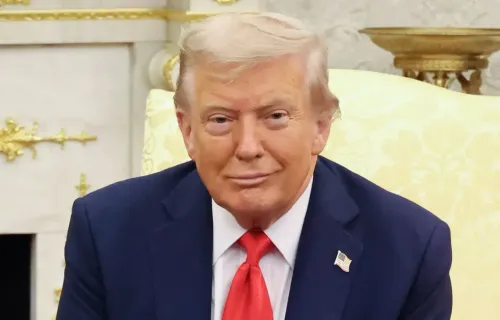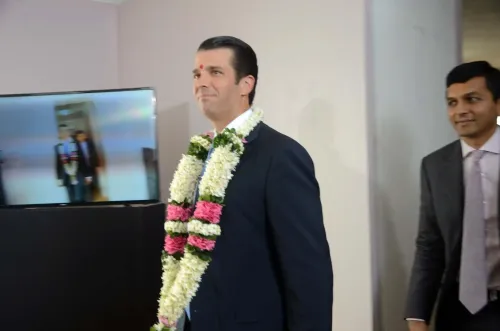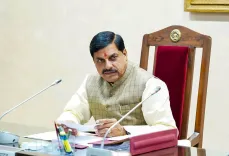Is It a Moment of Reset for India-Canada Relations?
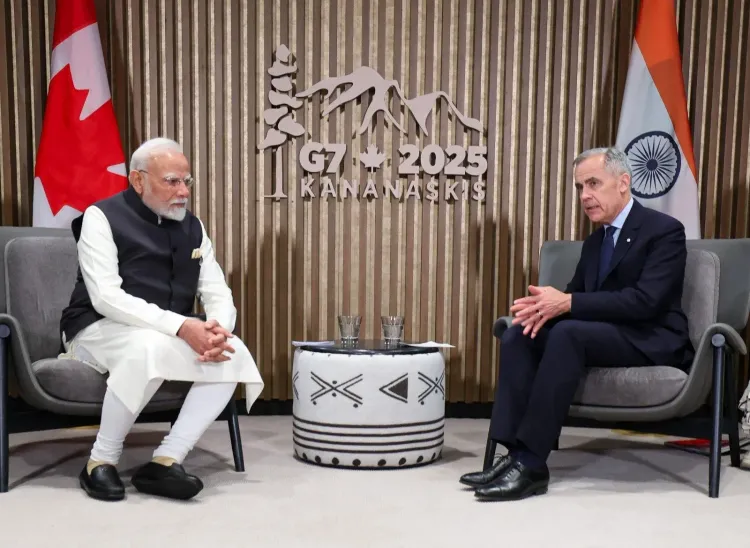
Synopsis
Key Takeaways
- Restoration of diplomatic ties through new High Commissioners.
- Economic cooperation projected to grow with significant bilateral trade.
- Visa challenges for NRIs expected to ease.
- Mutual interests emphasized by both leaders.
- Importance of shared values in strengthening relations.
New Delhi, June 18 (NationPress) Member of Parliament from Punjab, Vikramjit Singh Sahney, expressed his approval on Wednesday regarding the agreement reached between Prime Minister Narendra Modi and Canadian Prime Minister Mark Carney to enhance diplomatic relations by assigning new High Commissioners for both countries during the G7 Summit.
Describing this as a “moment of much-needed reset,” Sahney highlighted that this encouraging development will significantly alleviate the challenges confronted by Indian citizens, particularly the NRI community, who have been eagerly awaiting consistent and timely visa services to reunite with their families and homeland.
Pointing out the economic ramifications of this renewed partnership, Sahney noted that bilateral goods trade exceeded $8.2 billion in 2024, with Canadian investments in India surpassing $55 billion, indicating immense potential for expanding collaboration.
“India relies on Canada for over 63 percent of its potash imports and is a significant buyer of lentils and edible oils from there. With diplomatic relations restored, we must invigorate this economic corridor to benefit both nations,” Sahney remarked in a statement.
During the G7 Summit held in Kananaskis, Canada, Prime Minister Modi and his Canadian counterpart, Mark Carney, engaged in a crucial bilateral discussion aimed at mending the strained relations between the two countries.
India's Foreign Secretary Vikram Misri characterized the meeting as “very positive and constructive,” with both leaders agreeing on “calibrated steps” to restore stability to their relationship.
“Prime Minister Narendra Modi and Prime Minister Mark Carney of Canada have just wrapped up a highly positive and constructive meeting on the sidelines of the G7 summit here in Kananaskis,” Misri stated.
This meeting highlighted the shared intention to reinforce India-Canada relations, which have faced recent tensions.
“The discussion emphasized the significance of the India-Canada partnership, founded on common values, democracy, the rule of law, and strong people-to-people connections,” Misri added.
As an initial action, both leaders consented to promptly restore high commissioners in each other's capitals.
“The Prime Ministers agreed on taking calibrated actions to bring stability to this vital relationship, with the first step being the reinstatement of high commissioners to each other's capitals at the earliest date. Further diplomatic measures will follow in due course,” Misri concluded.

